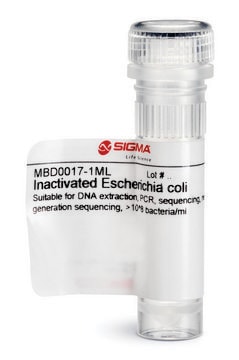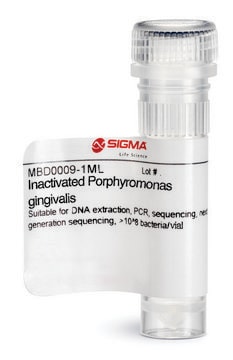Standardization of sample analysis is currently needed in microbiome genomics research workflow. Lack of standardization can lead to biases and errors in common processes during sample preparation and analysis such as sample amplification, sequencing and bioinformatics analyses.1 Inactivated Bacillus subtilis (B. subtilis) can serve as standard for benchmarking the performance along the workflow of microbiomics or meta-genomics analyses and as a tool to increase reproducibility and allow comparison of results obtained by different labs.
B. subtilis is a gram positive, aerobic bacterium, rod-shaped, endospore-forming, catalase-positive. It is traditionally considered as a soil microorganism.2
Bacillus subtilis is genetically well characterized and serves as a model organism for important gram-positive pathogens such as
Bacillus anthracis,
Staphylococcus aureus etc.3
B. subtilis possess an extreme adaptation ability to various environmental stress conditions by modifying its motility 4, uptake of exogenous DNA 5, biofilm formation and sporulation6.Recent studies have identified and characterized
B. subtilis isolates from human gastrointestinal track suggesting
B.subtilis as a gut commensal.7 Moreover,
B. subtilis presence in the gut was found to correlate with probiotic effects such as anti-diarrhea effect, anti-microbial effect, immune-stimulatory effect, competition with pathogens, normal flora growth stimulation and prevention of intestinal inflammation.8,9.
B. subtilis beneficial effect on gut inflammation may also suggest it as potential probiotic treatment for inflammatory bowel diseases (IBD), including Crohn’s and ulcerative colitis.10 In addition, it was demonstrated that a peptide produced by
B. subtilis possess antiviral effect against influenza virus.11
Read
here how to use our standards to ensure data integrity for your microbiome research.






